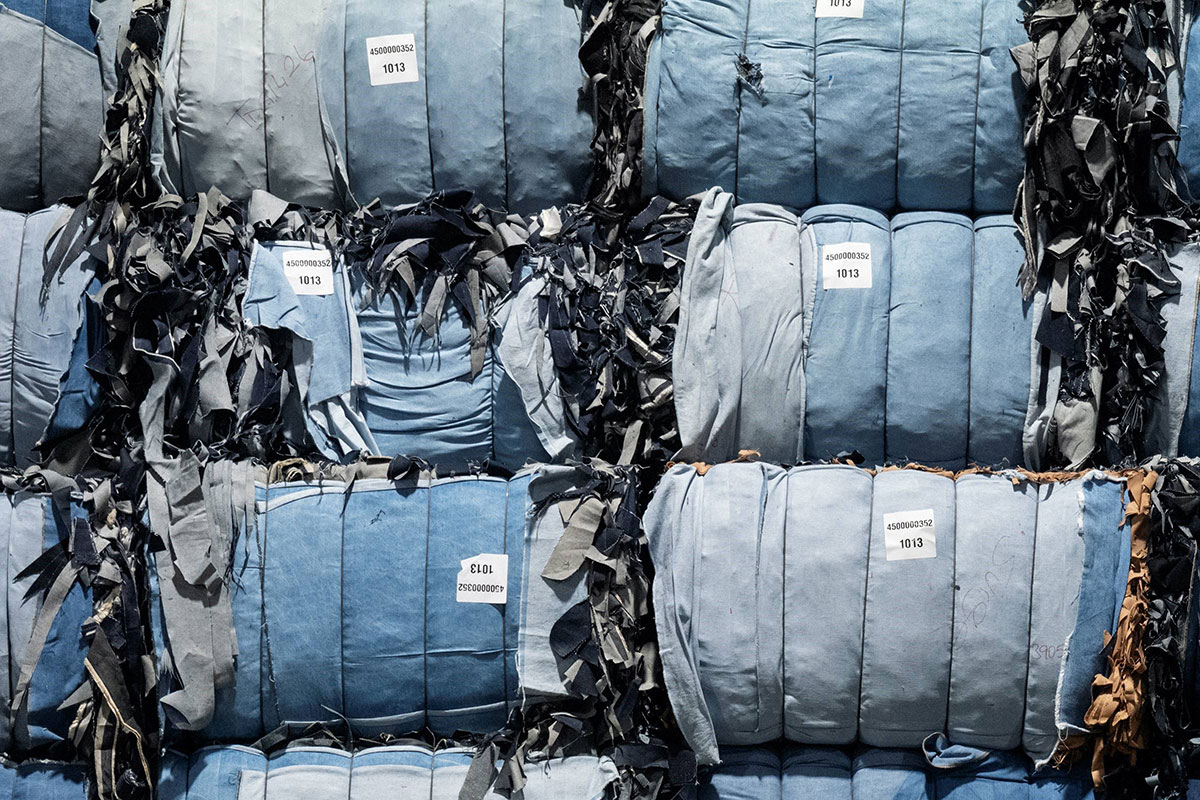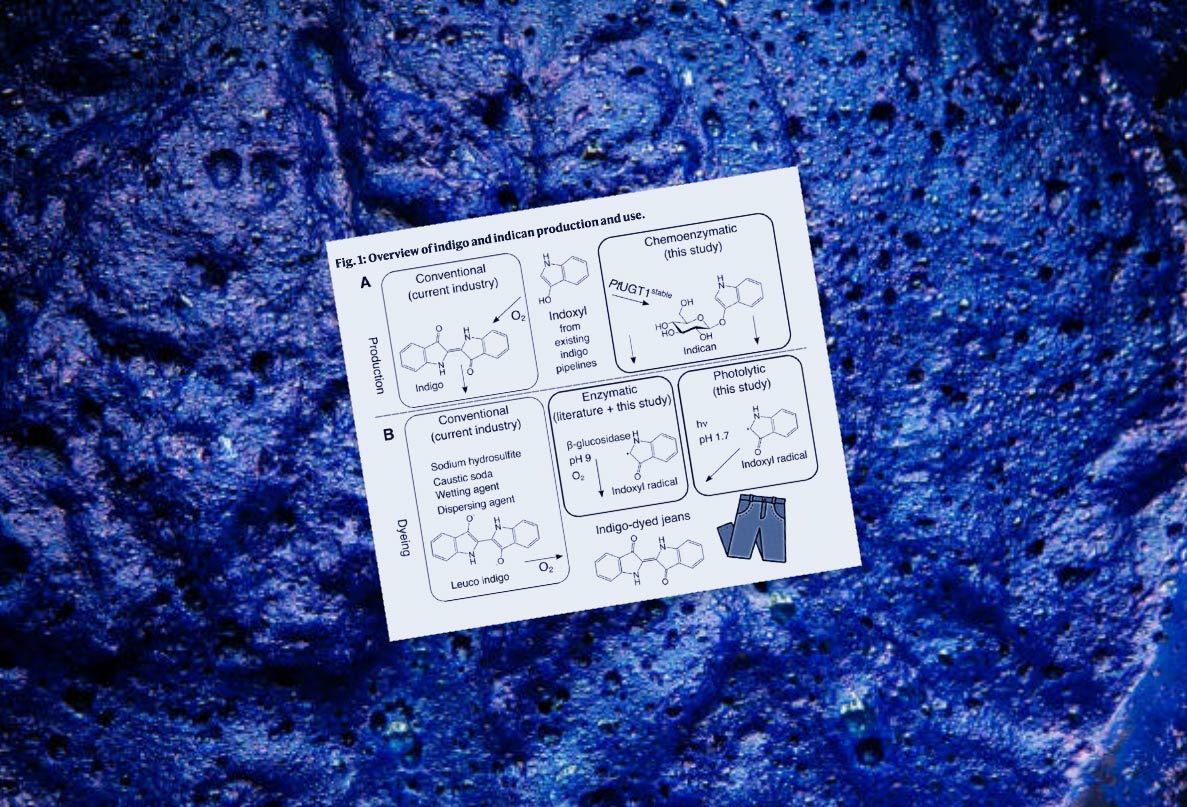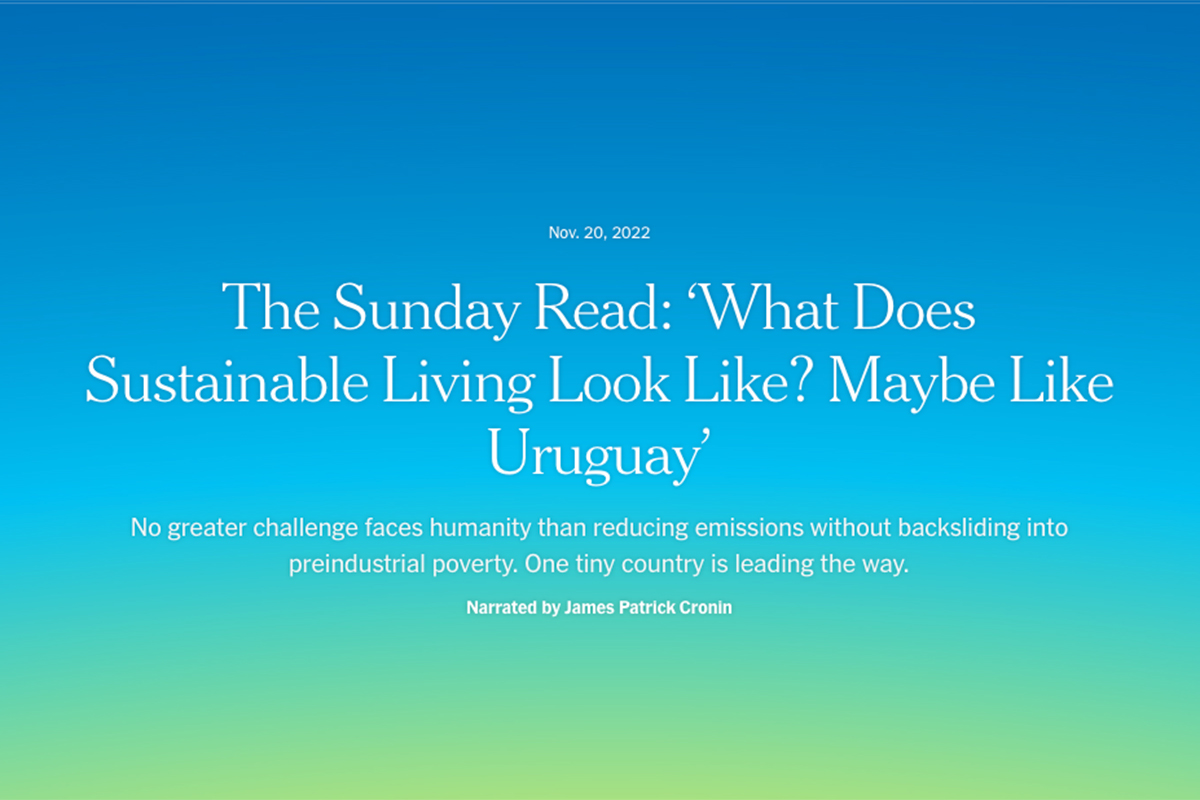Pigment Without Petroleum: Bio Alternative Is Made From Wood Waste
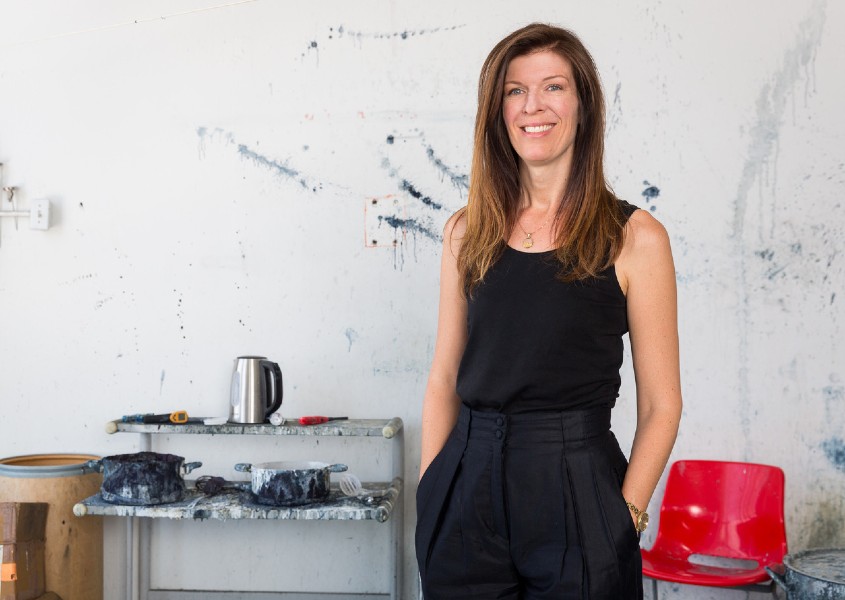
Jane Palmer’s new development, Bio Black, a bio-based black pigment that can be used for screen printing, packaging and other applications, was set to bow on retail shelves worldwide in March.
Palmer’s two-year-old company, Nature Coatings, worked with a French luxury brand — she’s not allowed to identify the company—on the pilot program to introduce consumers to products printed with Palmer’s new development made from wood waste.
“Unfortunately, Covid happened,” Palmer said.
The global pandemic that shuttered retailers in many communities across the world delayed the test run of Bio Black, which will resume once retail fully reopens.
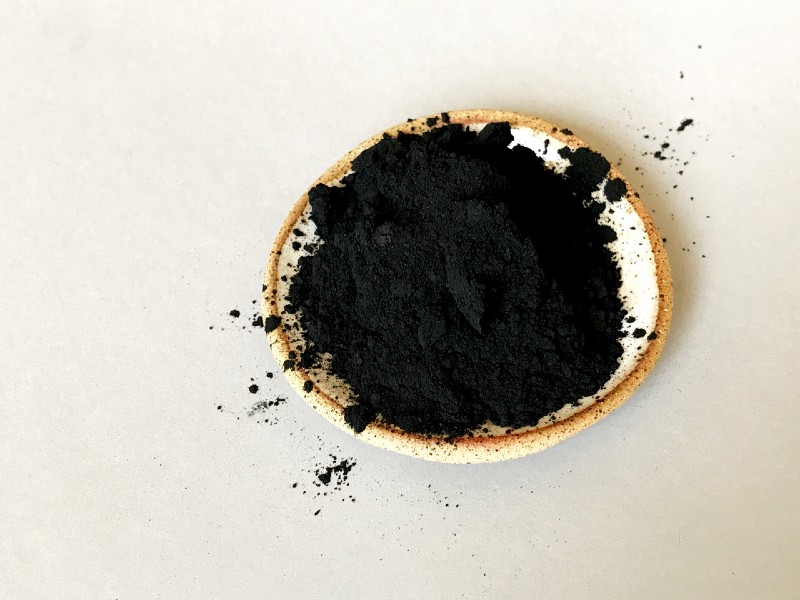
During the shutdown, Palmer and her team were unable to get back to work in the company’s headquarters in downtown L.A.’s Arts District. Palmer used that time to secure additional funding for Nature Coatings and she developed a natural dispersion material to use Bio Black for printing food packaging.
Bio Black is made from FSC (Forest Stewardship Council)-certified wood waste. There’s no shortage of wood waste, according to Palmer, who said “millions of tons of wood waste are created each year in the U.S.”
Nature Coatings’ black pigment is lightfast, humidity- and sweat-resistant and does not contain petroleum or polycyclic aromatic hydrocarbons (PAH), a carcinogen found in traditional carbon black pigments. Europe regulations limit the use of materials containing PAHs in apparel. Bio Black is also a true black, it does not appear brownish or bronze.
It can be used in place of any other pigment for applications such as screen printing, rotary printing, digital inkjet printing, solution dye, airbrush and coatings.
Nature Coatings has also worked with denim brands and mills to develop denim coatings using Bio Black.
“It’s a cool project,” she said. “The denim warp yarns are colored with our Bio Black and foam. We also have tried foam coating, and other coatings, on denim fabric and sewn denim garments.”
Bio Black was designed to go anywhere a black pigment is used, Palmer said.
In developing the new pigment, Palmer said she and her team recognized that the final product had to be competitively priced with traditional petroleum-based pigments.
“We have to come out of the gate at a massive scale to get it to a competitive price,” she said.
It was also crucial that the pigment could be used with existing equipment, Palmer said.
“We designed it for easy adoption,” she said. “It’s as easy as taking our pigment off the shelf. We set it up to be a no-brainer.”
Before launching Nature Coatings in 2018, Palmer ran Noon Design, an L.A.-based dyehouse that focused on natural dyes. She grew the business to more than 100 customers before selling the company to one of them in 2016.
Palmer, who has degrees in textiles from Appalachian State University in North Carolina, and the Art Institute of Chicago, was inspired to develop sustainable products after reading the 2002 book “Cradle to Cradle:Remaking the Way We Make Things.”
“Everything I design I want to be able to bury in my vegetable garden,” she said.
Since opening, Palmer has received awards from the National Science Foundation and her company has participated in Fashion for Good’s Accelerator Program. Nature Coatings is currently part of Fashion for Good’s Scaling Program, and is a portfolio company at the Los Angeles Cleantech Incubator.
